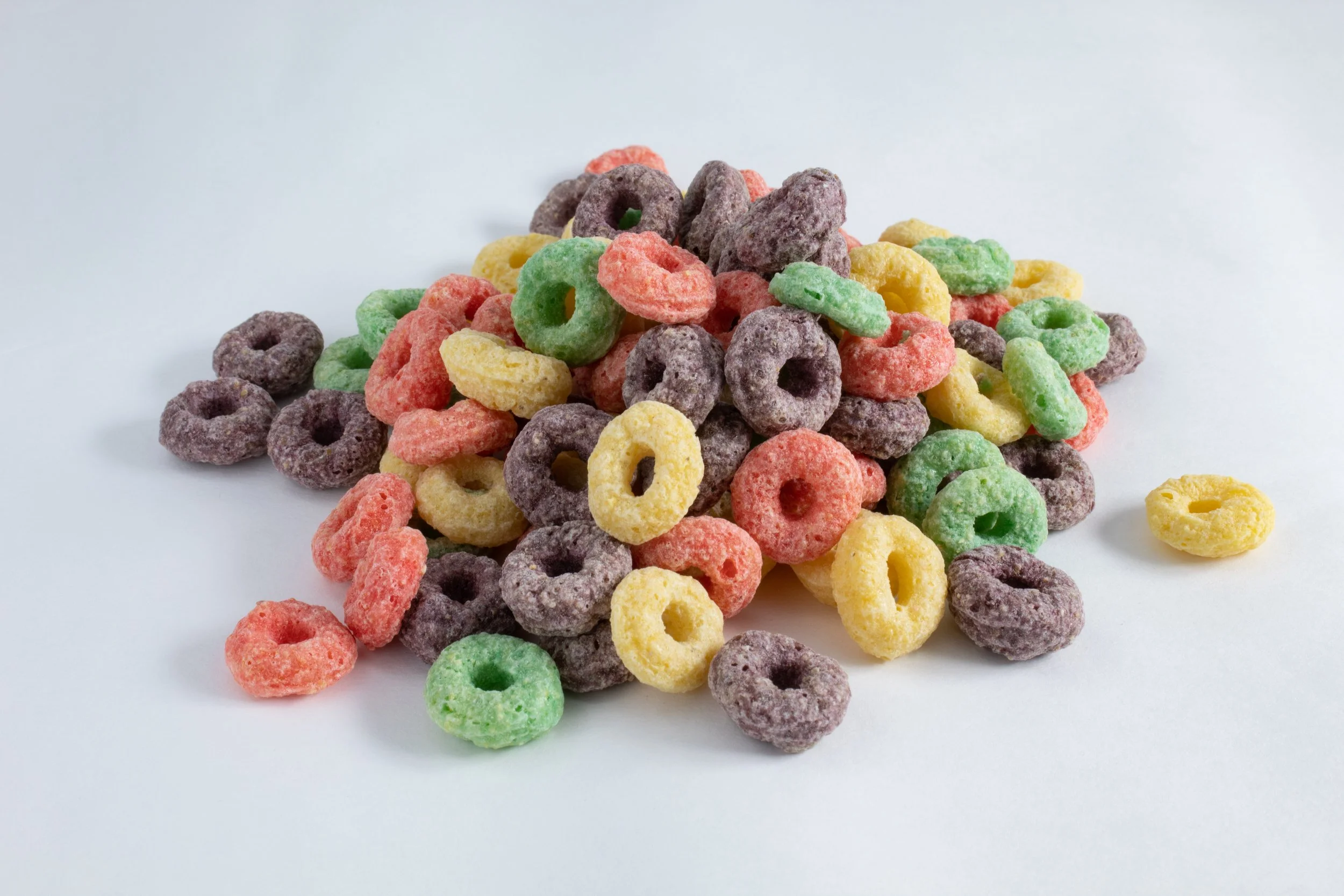https://www.sciencedirect.com/science/article/pii/S1550413125003602?via%3Dihub=&utm_source=klaviyo&utm_medium=email&utm_campaign=%28Email%20-%20Chris%20Kresser%20General%20News%29%20Chris%27s%20Friday%20Favorites&utm_term=new%20randomized%20controlled%20trial&utm_content=new%20randomized%20controlled%20trial&_kx=ZpXBDTeEF9QJhwDqQXXrImrT_HpFsBz1ZlYMbsx_Vq0.my75y6
In a less overt way than January 1st, many folks are trying to get back on track with a good routine at the beginning of the school year. They're trying to say goodbye to late nights and late mornings, ice cream and fair food. This recently published article in a very solid mainstream medical journal caught my attention in the midst of this process my patients are reporting. Two things primarily caught my eye: the data clearly shows that ultra processed foods are much more harmful than some mainstream reports leads us to believe, that "everything in moderation is okay", and that the effect of ultra processed foods extends way beyond traditional BMI and cardio metabolic health to include depression, thyroid function, fertility, and environmental toxicity markers.
Before we get into further details we should probably briefly review the classification of food according to its level of processing. Depending upon which source you pull up, foods are classified as unprocessed, minimally processed, moderately processed, and ultra processed. (Some classification systems a link minimally processed and moderately processed together). Foods that are minimally processed are things that are cooked, chopped, with very basic added non-chemically manufactured ingredients like salt, water, spices, oil, or fermenting cultures). Think yogurt for example with no sugar added. Or plain cooked canned chickpeas. Foods that ultra processed involve more than one step of basic cooking or fermenting, and the addition of multiple synthetic food additives that are not necessary for processing of food.
https://www.eatrightpro.org/news-center/practice-trends/examining-the-nova-food-classification-system-and-healthfulness-of-ultra-processed-foods
What's quite surprising to a lot of people is how many foods they eat commonly fall into the ultra processed category, foods that they assume are benign or maybe even healthy. High on my hit list are things like crackers, granola bars, breakfast cereals, most commercial breads, and even things like commercial smoothies. Those things are chemical junk bombs, with the list of ingredients more or less unrecognizable past the first one. (Which often is sugar). Beyond that you go into the more traditional ultra processed foods that most people realize they shouldn't be eating, things that come in a box, in a can, but even things like a commercial pastry is an ultra processed food. And it's very clear that unless you go to some sort of farm to table restaurant, pretty much anything you're going to eat out at a restaurant is going to be ultra processed.
Back to the study itself. Most people have a basic understanding that eating ultra processed food can lead to weight gain, and some of the more commonly recognized downstream effects such as cardiac disease. However we would be lucky if the problem stopped there. What was really stunning about the study is that among the various control groups were people who ate an ultra processed dominant diet but with a caloric intake that was very appropriate for their height and weight. Even at a normal caloric intake, people exhibited significant abnormal health markers, indicating that the type of food and the level of processing were a huge part of the problem. Beyond cardio metabolic disease, the study showed a statistically significant change in thyroid levels, (a lot of obese blamed their thyroid function when in reality the type of foods they are eating our causing abnormal thyroid function), significant elevated phthalates (a common chemical byproduct of food packaging, which is much more prevalent and ultra processed food than unprocessed foods obviously), significant changes in testosterone levels in men, sperm count, and FSH in women (a hormone associated with ovulation and fertility).
The bottom line: one of the best things you can do with your diet is to keep you nutrition simple by not trying to buy designer foods, but look at foods in their original format, with one or two ingredients. This does not mean that you cannot take simple hacks that will save you time, such as buying plain precut vegetables or squash, but that ultimately most of your diet needs to come from food in the form that nature provides.

